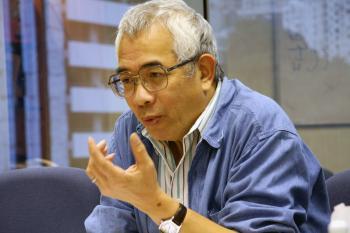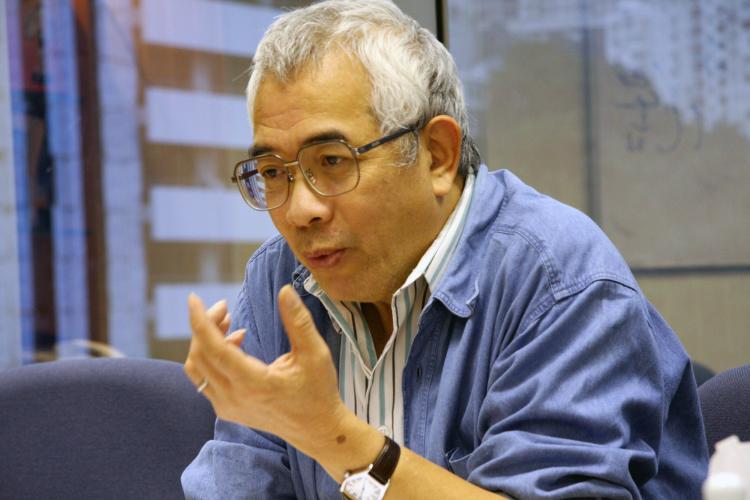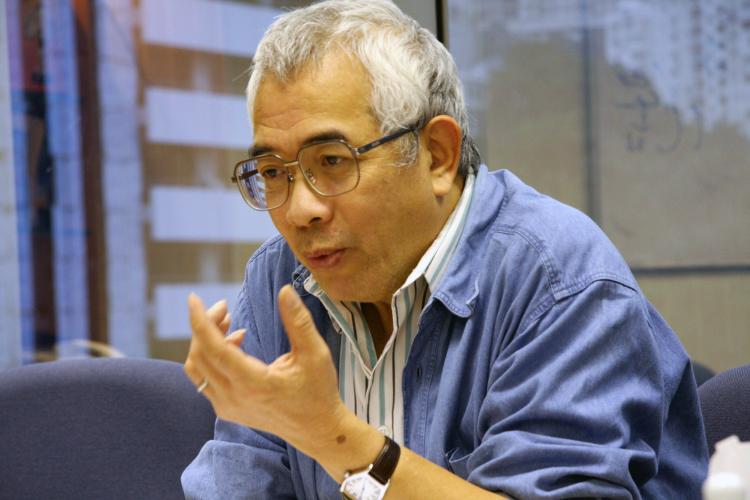Mr. Cheng spoke of the CCP’s crimes in his first interview with The Epoch Times, thirteen months after his release from a three-year imprisonment in China.
He spoke of the many who have perished under the regime’s rule. “The abnormal deaths of Chinese people have amounted to 40-60 million, according to various studies done by the CCP, mainland, and overseas researchers,” Mr. Cheng stated. “Very rarely in history have such astronomical numbers of people died unnaturally. It is one of the CCP’s biggest crimes.”
Selling off a large part of China’s territory was next on the Cheng’s list of criminal acts. “The second crime is that the CCP failed to defend China’s territory. The CCP gave up 1.5 million square kilometers of China’s land. This is a shame for which the CCP can never be absolved.”
On December 9, 1999, former CCP General Secretary, Jiang Zemin, and the Russian president, Boris Yeltsin, signed an agreement regarding China and Russia’s border dispute. It was said China lost 1.5 million square kilometers of land in the agreement. Cheng Xiang was the first reporter to discuss this matter, and he published an article a year earlier (in 1998) in The Singapore Strait Times.
“I was the first news reporter in the world to discuss this issue because Chinese reporters were unlikely to talk about it or perhaps, they knew but dared not.”
It is widely said Cheng Xiang was charged and jailed because he revealed the fact that the former leader of China, Jiang Zemin, actually sold China’s territory. Cheng Xiang said it’s not a good time for him to comment on that, for he is still on parole.
Destruction of Culture and Spirit
Cheng Xiang lamented the CCP’s destruction of antiquities and cultural relics, which can never be recovered.
“The other destructive crimes committed by the CCP have been against Chinese culture,” Mr. Cheng said. “In the recent auction of Yuan Ming Yuan’s antiques, the CCP said there were a few items that foreign imperialism looted. Yet if we look at the first 30 years of the CCP’s rule, the antiques that were destroyed were way more than those looted. There is no way to restore and retrieve them.”
The destruction of traditional culture is not limited to physical relics. “Over and above the antiques, the destruction extends to our spirits and morals, to the point that one cannot see any morals in today’s society at all,” Mr. Cheng stated. “Melamine and all kinds of fake things have been designed and manufactured to cheat people. Children are even sold as goods.
“There is no morality because the CCP has destroyed morality in the name of destroying the ‘four olds’,” Cheng Xiang added. [Note to reader: One of the stated goals of the Cultural Revolution in China was to get rid of the “four olds,” which were Old Custom, Old Culture, Old Habits, and Old Ideas].
Tibet and Falun Gong
From his own experiences in collecting information in Tibet as early as in the 1980s, Cheng Xiang thought the issue of Tibet was the result of the left-leaning [CCP] line being forced upon the people of Tibet since 1956.
In 1951, as Tibet was under siege, the then-Tibetan local government was forced to sign the 17-Article Agreement. Under this agreement, China demanded sovereignty over Tibet and the Tibetan people were to enjoy a high degree of autonomy. However in 1956 the CCP launched the campaign of the so-called “socialist transformation” and thus brazenly tore up the 17-Article Agreement.
This year also marks the 10th anniversary of the persecution of Falun Gong. Mr. Cheng disclosed that among the seven Standing Committees of the Politburo, only Jiang insisted on cracking down on Falun Gong when the April 25th peaceful appeal at Zhongnanhai occurred in 1999.
“Why did Jiang set himself up over the other six Standing Committees of the Politburo?,” Mr. Cheng asked. “Mao Zedong had been carrying out his left-leaning line to his death. Deng Xiaoping was able to persist in massacres regardless of anything. Jiang did the same thing. As he grasped military power, nothing could place any restraint upon such a dictator.
“This is the serious problem caused by the communist system.”
To redress public grievances, maybe pardons could be granted and put into effect for some so-called “political criminals.” Yet the root of the problem lies in the one-party dictatorship. “Special pardons would be no more than a symbolic contribution,” Mr. Cheng concluded. “Actually, abolishing one-party dictatorship can ensure the long-term stability of the state.”






